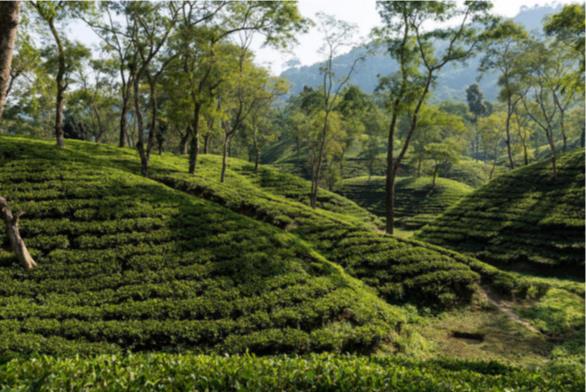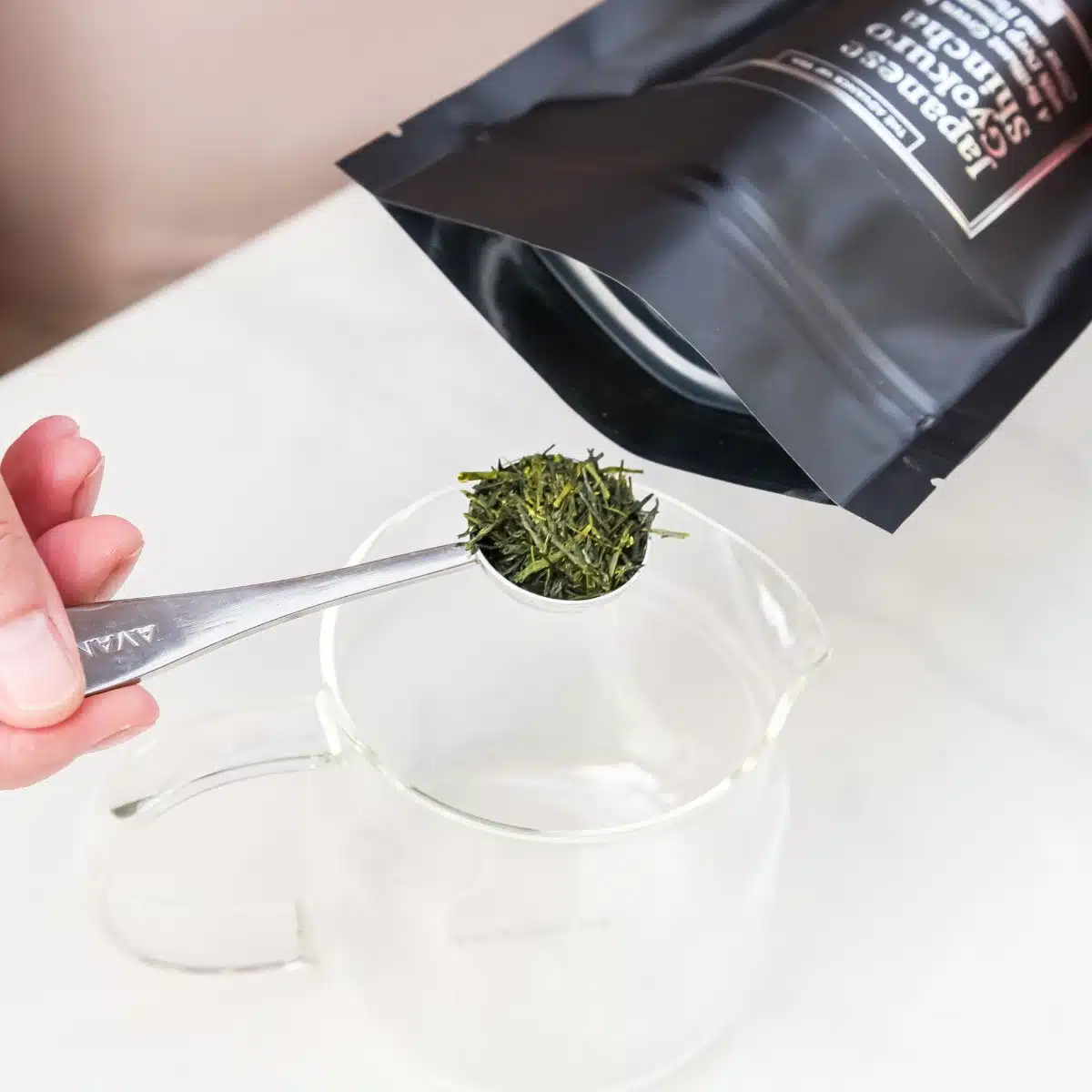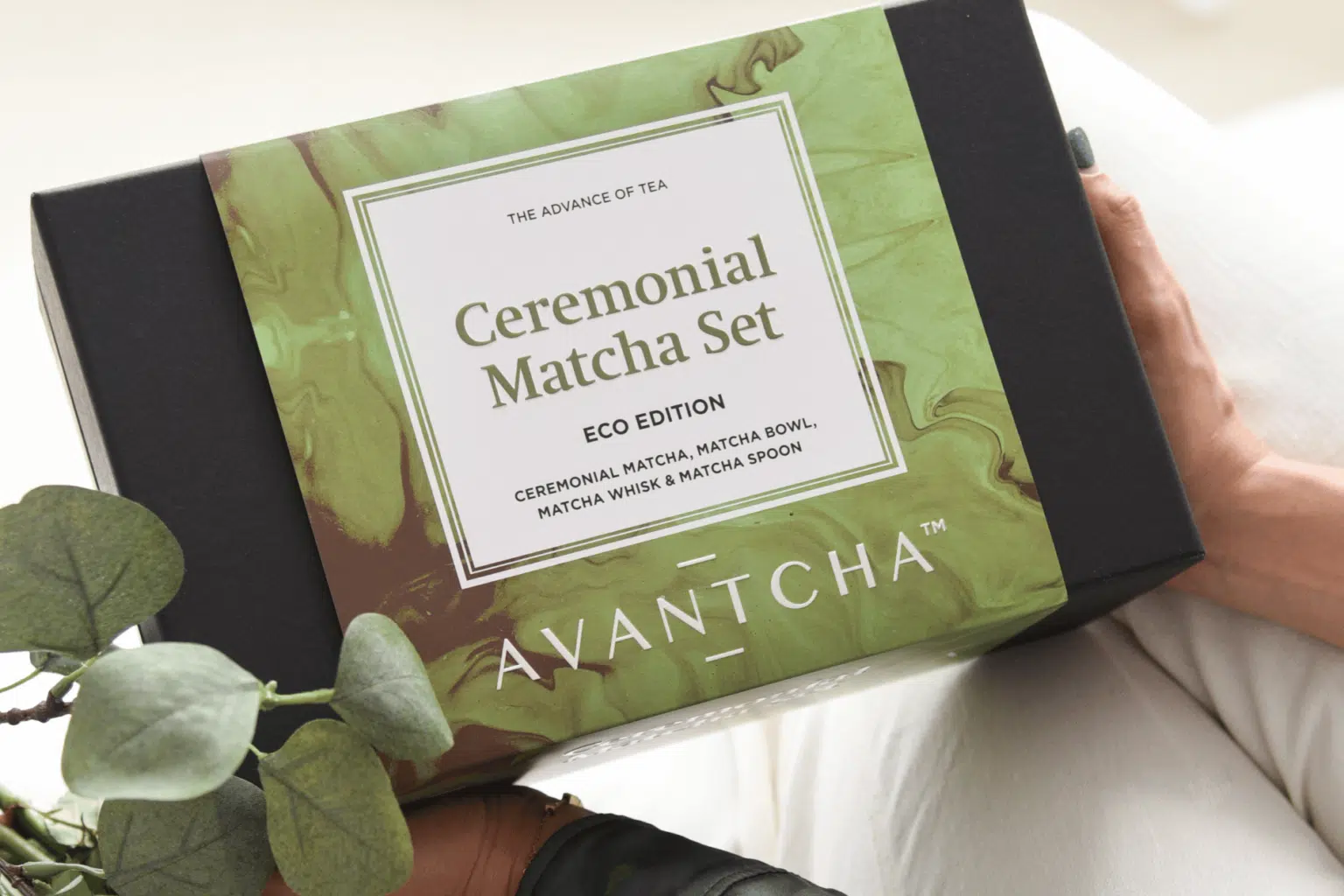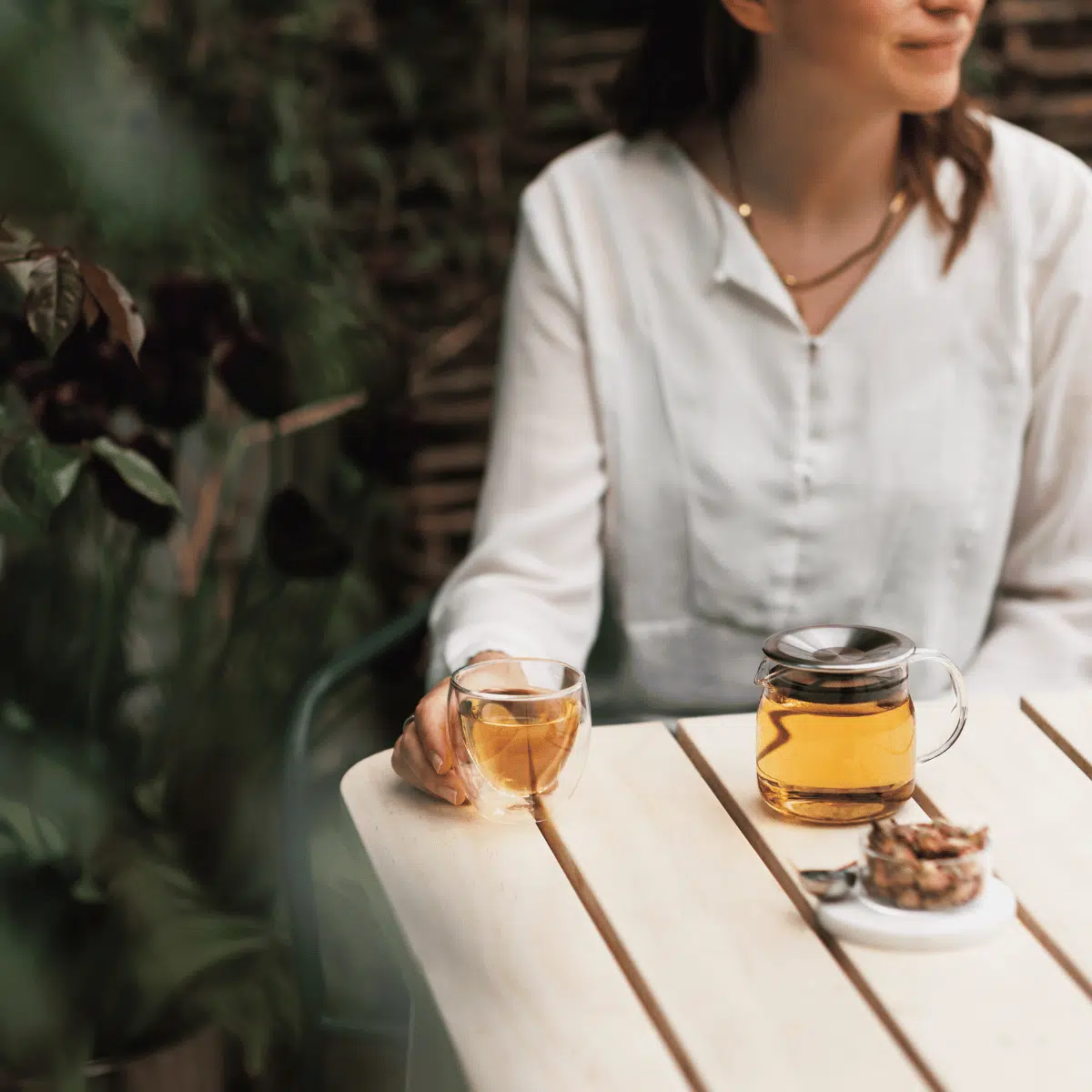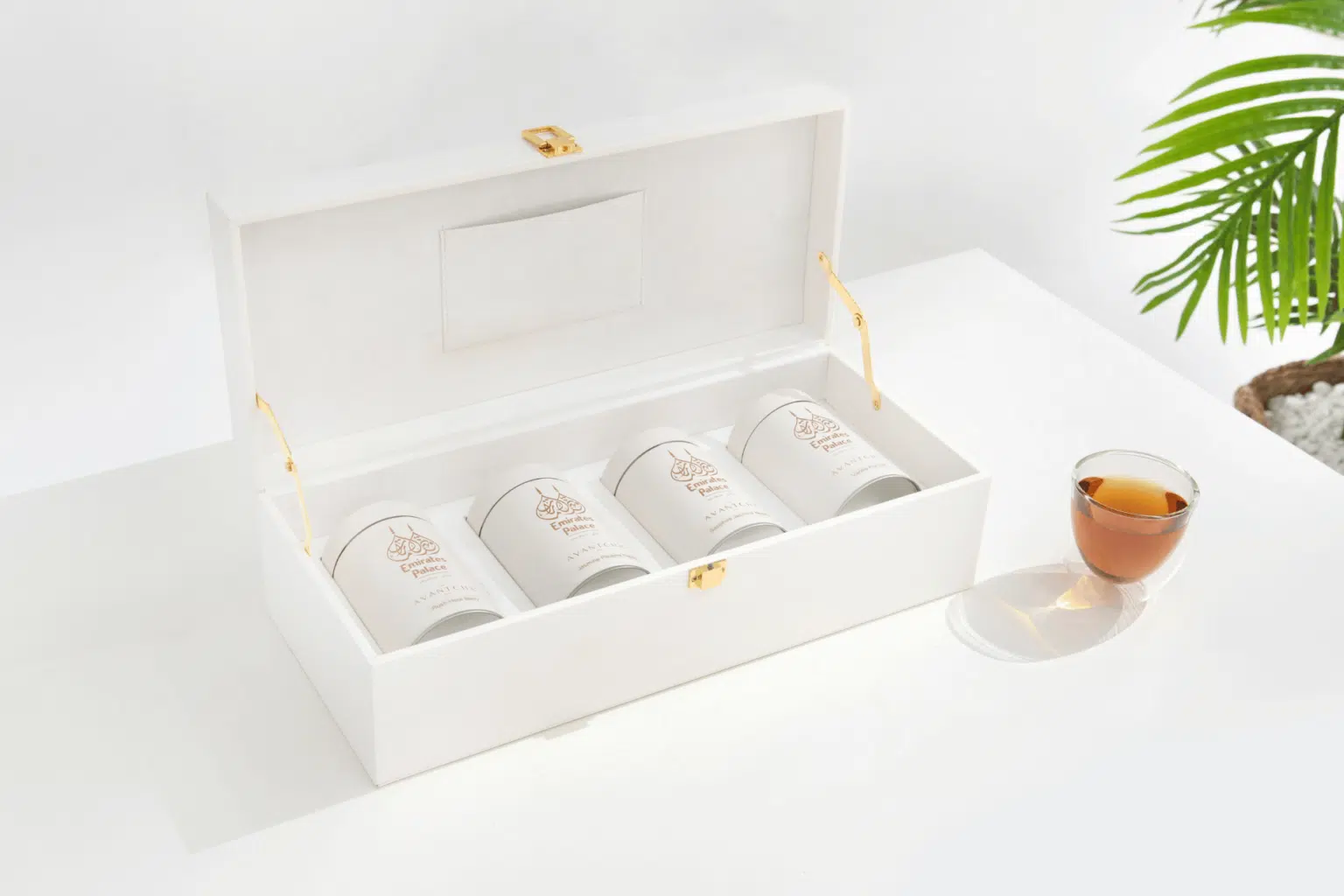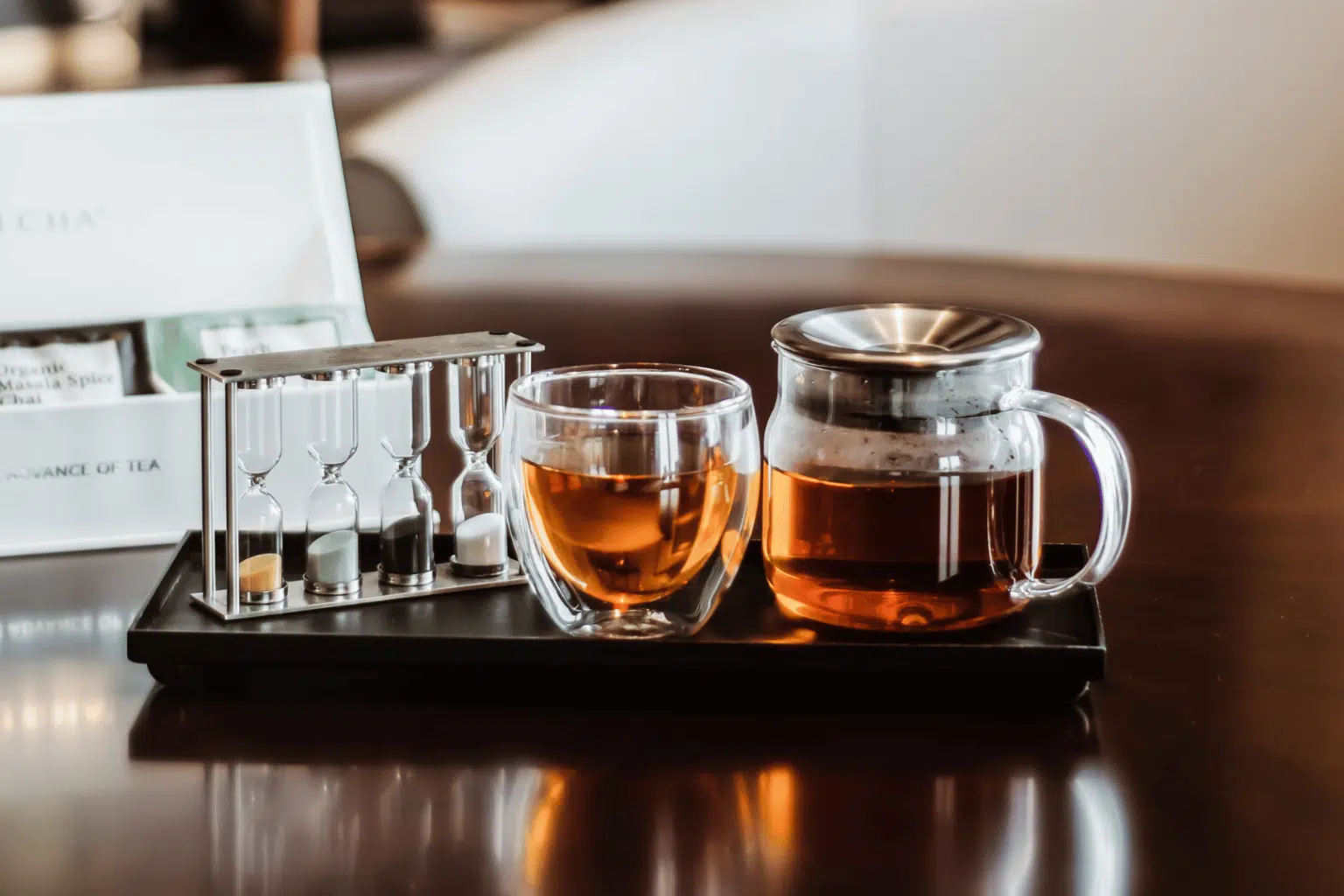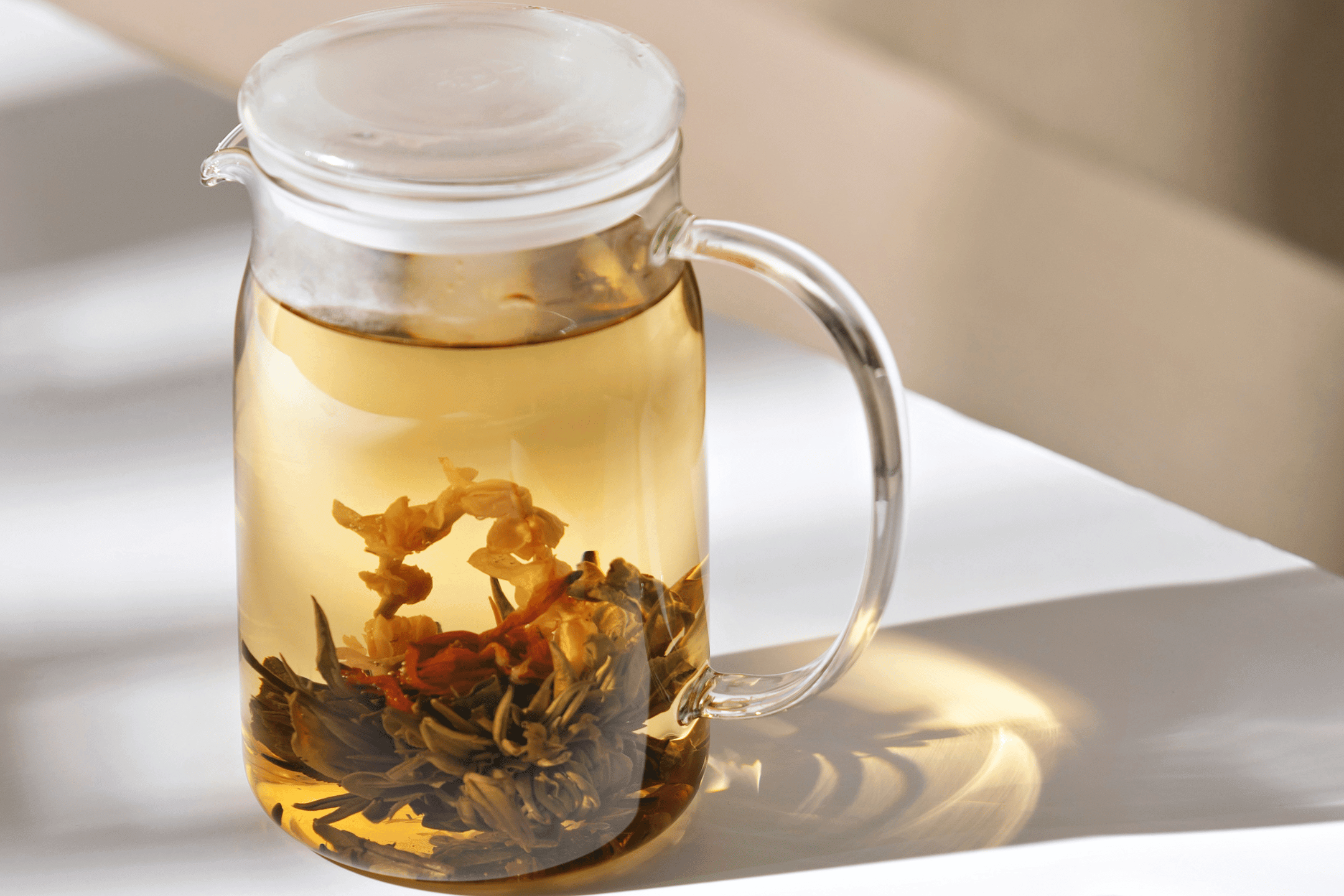Examining Organic Tea
As consumers become more conscious of what they buy and consume, and the effect their decisions have on the planet, the preference for organic products only continues to rise. The world of organic tea is fascinating and yet can be complicated. In this article, we explore the principles of organic in relation to tea, and answer the most frequently asked questions, to help support you in making a tea choice that suits you best.
What is Organic Tea?
Agricultural chemicals like pesticides, herbicides, fungicides, or chemical fertilisers are not used in the production of organic tea or in processing it after harvest. Instead, farmers use natural farming techniques to grow their tea crops.

Why Choose Organic Tea?
If you’re considering incorporating organic tea into your daily routine, here are some reasons why you might like to consider the switch.
- Health Benefits
There are less synthetic chemicals in organic teas and research has shown that this results in higher levels of antioxidants and nutrients. Good news for the body!
- It’s Safer for Farmers
Long and frequent exposure to chemicals can be detrimental to the health of the farmer. By working with organic matter, this risk is significantly reduced.
- Better for the Environment
Using organic matter only means less pollution, better water quality and better soil health, increasing soil fertility.

- Protects Wildlife and Encourages Biodiversity
Organic farming works with nature and protects creatures great and small, encouraging them to thrive and enrich soil with their presence.
- Protects the Wellbeing of Current and Future Generations
Organic farming is an investment in the land and soil, as well as the people that work upon it, preserving better quality environments for the future.
How is Organic Tea certified?
Organic tea is any tea grown following organic principles and approved and certified as such. Each country has its own governing authority to award this – such as the USDA in the USA, the Soil Association in the UK, or Organic Agriculture Europe, as examples. While these authorities differ, they are united by the same principles, particularly that the land has to be pesticides, herbicides, and chemicals-free for three to five years prior to certification.
While many producers may choose to be accredited in their own country, global accreditation for export is a bigger financial investment, and so many smallholder farmers who use organic farming techniques will not invest in global certification. If their teas are highly sought after locally, investing in organic certification is not a priority.
The fees associated with organic accreditation are significantly lower for larger organisations, and so these will have wider global prominence than smallholders.
Many producers are reluctant to certify as organic as they have been farming for many years, refining their craft. Changing all of their processes to qualify as organic is therefore complicated, and they will have to take into consideration that organic can also mean a significantly lower yield and, as a result, a higher cost to the buyer.

What about AVANTCHA Organic Teas?
As you can see, one size doesn’t fit all when it comes to organic. We will prioritise buying organic teas as much as possible, though only when the taste is truly exceptional. Some tea farmers have been refining their methods of agriculture for hundreds of years, and many non-organic teas taste significantly better as a result. As the tea world moves into a more organic approach, we’re balancing how we buy, and who we buy from, to ensure we have a range to suit all and can continue to support farmers.
Here’s how we approach it:
Organic AVANTCHA Tea
We will always prioritise organic so long as the taste is exceptional. Explore our range to sample some of the best organic teas, and check back frequently as we continue to add more to the collection.
Naturally Farmed AVANTCHA Tea
Teas in our Naturally Farmed range are predominantly organic, though may fall just short of accreditation owing to a minor detail. Our Naturally Farmed Majestic Earl Grey is a good example. This tea is composed of organic black tea and organic marigold petals, and we have added a high quality natural bergamot essence from Italy, which makes up for less than 7% of the overall product. The EU changed its organic regulations in 2022 so that all added essences must also be of organic status to secure certification. While the food industry adjusts to this significant change (remember it can take up to three years to qualify as organic) we have found a distinct lack of high quality organic essence that impart the same taste, despite extensive testing. To preserve the stunning flavour of our Majestic Earl Grey that is so-loved, we will continue to prioritise and balance organic principles with the best quality essences.
Shop AVANTCHA Naturally Farmed Tea >

Organic, but not Certified
We restrict the possibilities for amazing tea discoveries and the success of smallholder farmers if we only buy from the larger producers that invest in international organic labels. In cases where we can personally verify that synthetic pesticides and herbicides were not used, as well as through batch testing, we will continue to buy from them and offer them to you. By investing in smallholders in this way, we are encouraging that they continue to grow and become able to pursue sustainable agricultural methods.
If you’re in any doubt over the organic status of your AVANTCHA product, we will make it clear on our packaging and website with relative symbols and descriptions which category it falls under.

